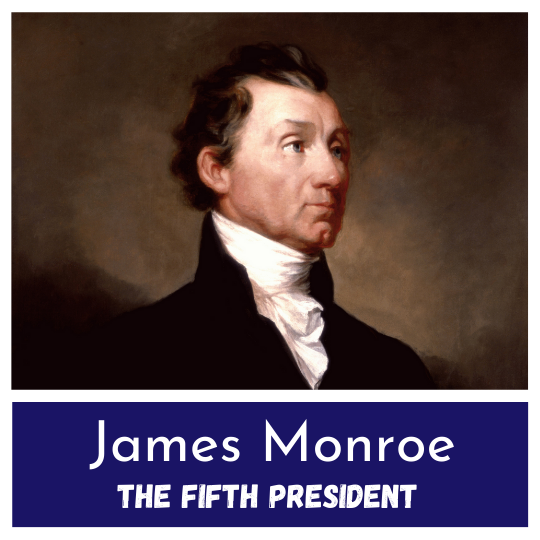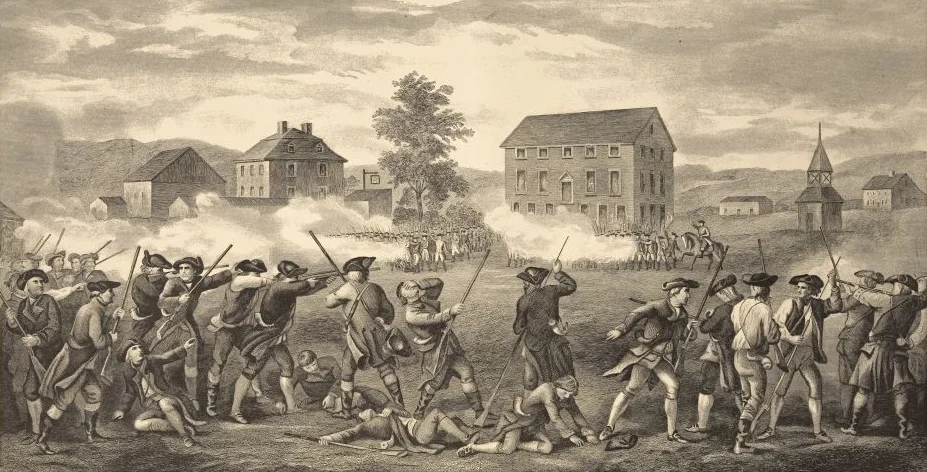Samuel Finley and the West Nottingham Academy
Updated 8/27/21
Samuel Finley was an important educator in the years leading up to the American Revolution and as such grew the minds of many future Founders.
Samuel Finley
Samuel Finley immigrated to the British Colonies about the age of 19. He studied to be a Presbyterian Minister at the ‘Log College,’ one of the first institutions teaching the profession in North America.
Upon graduation, Finley became a Preacher in the First Great Awakening. Many of his sermons are said to have been educational, and he believed it was part of the Church’s job to teach people how to make informed decisions.
This attitude did not win him many favors, especially in Anglican colonies. In fact, he was once escorted out of Connecticut (who would take longer than most States to practice Freedom of Religion) for his orations.
West Nottingham Academy
Finley moved to the border of Maryland and Pennsylvania where he opened the West Nottingham Academy. As one of the only boarding schools in the British Colonies, Finley taught many wealthy boys who would go on to become American Founders.
First among these was Samuel’s nephew, Benjamin Rush, who was raised in the Finley household after being orphaned upon his mother’s death. Rush would go on to sign the Declaration of Independence and is today considered the Father of American Psychiatry.
Other notable Founders who studied under Finley at West Nottingham were Richard Stockton (another Declaration signer), Alexander Martin, William Shippen Jr, John Morgan, John Filson, Ebenezer Hazard and John Archer.
Princeton
After proving his ability to educate, Samuel Finley was chosen as the President of the College of New Jersey. Known today as Princeton University, Finley increased the curriculum through correspondence with his good friend Benjamin Franklin who was living in London and sent all the newest studies back across the Atlantic.
Though Finley passed away after just five years as President, his influence on the education of American Founders is hard to overstate.
During his brief time running Princeton, such notables as Oliver Ellsworth (a future Constitution signer and Chief Justice of the Supreme Court), William Paterson (another Constitution signer and Associate Justice of the Supreme Court), Samuel Kirkland (founder of Hamilton University), James Manning (founder of Brown University), David Ramsey (Father of American Revolutionary History), Thomas Henderson, Benjamin Hawkins, Thomas Tredwell, John Bacon, and many, many, many, many more.
Finley’s one last contribution to American History, though not technically part of the American Founding, was his great-grandson and namesake. Samuel Finley Breese Morse, more commonly known as Samuel Morse, developed the first working telegraph and its accompanying language: Morse Code.
Follow this site to read about another Founder tomorrow!
Until then, check out one of these articles on men who educated the Founders:
Richard Bland and the Early Days of American Rebelliousness
George Wythe Educates the Founding Fathers
Baron von Steuben and the Making of the Continental Army
Want to read a great book about religion during Finley’s life?
The First Great Awakening’ is about just that…the First Great Awakening. Changing ideas on religion played an intricate role in the American Founding, and this book does a great job putting you in that mindset.
Pick up a copy through the Amazon affiliate link below (you’ll support this site, but don’t worry, Amazon pays me while your price stays the same) but be warned, it is very rare and therefore expensive.
Don’t miss tomorrow’s article!
Subscribe to my email list here.
If you wanted to support this site by becoming a Patreon Member you can do that here. Thanks for your support!





